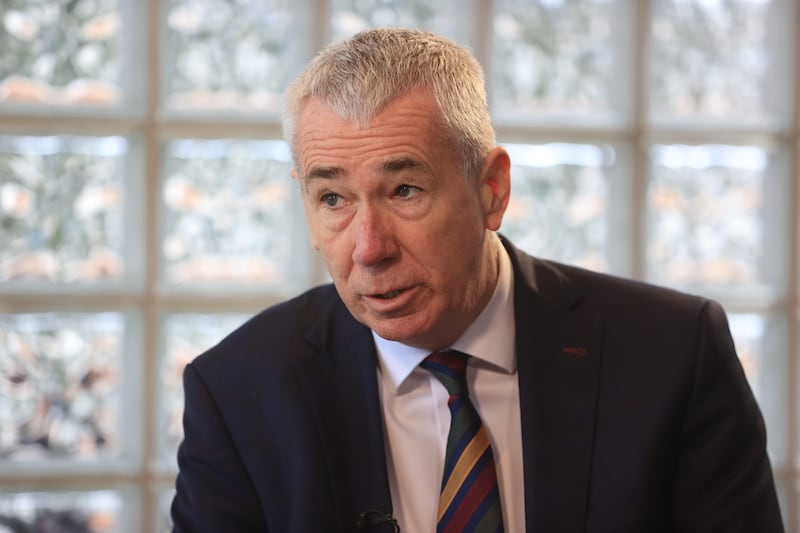The challenge facing many governments that have suppressed the transmission of coronavirus is ensuring the economy recovers while at the same time preventing a further spike in infections.
Many of our everyday activities have mitigations attached, including social distancing, wearing masks and other personal protective equipment in certain environments, washing hands frequently and isolating if symptoms appear.
The high level of compliance with the lockdown and other measures throughout Ireland has seen the number of deaths and the rate of infections drop sharply to the extent that most sectors are now reopening and many people feel confident enough to eat out, socialise and book holidays, with staycations the popular option this year.
These actions are absolutely vital for the hospitality and tourist trade, however, there is an understandable fear that the hard won gains of the past four months could be undone by travellers from countries where the virus is far from under control, such as the United States.
American visitors are hugely important for the Irish tourist industry but this year any influx from Covid-19 hotspots will inevitably be viewed with concern.
In recent days there have been reports of travellers from the US being turned away by restaurants in the south because they had not observed the 14-day quarantine period required by the Irish government.
The fact that visitors are not adhering to the rules is worrying enough but the different approaches north and south make the situation even more alarming.
As matters stand, someone can fly from the US to Dublin and then go straight to Northern Ireland, completely bypassing the Republic's quarantine restrictions.
Tánaiste Leo Varadkar said it was not practical to enforce compulsory self-isolation on people arriving from overseas but clearly there are risks if tourists can travel from areas where the virus is increasing, such Texas, Florida and other states.
Professor Gabriel Scally has pointed to the role of air travel in the first wave of the pandemic and warned that it could 'reseed' the virus across Ireland at a time when it has been largely brought under control.
Realistically, holidaymakers will not want to spend two weeks of their break self-isolating but nor do we want to see an upsurge in cases caused by international travel.
At this stage in the pandemic, matters are finely balanced and the right decisions need to be taken to avert a disastrous second wave.







